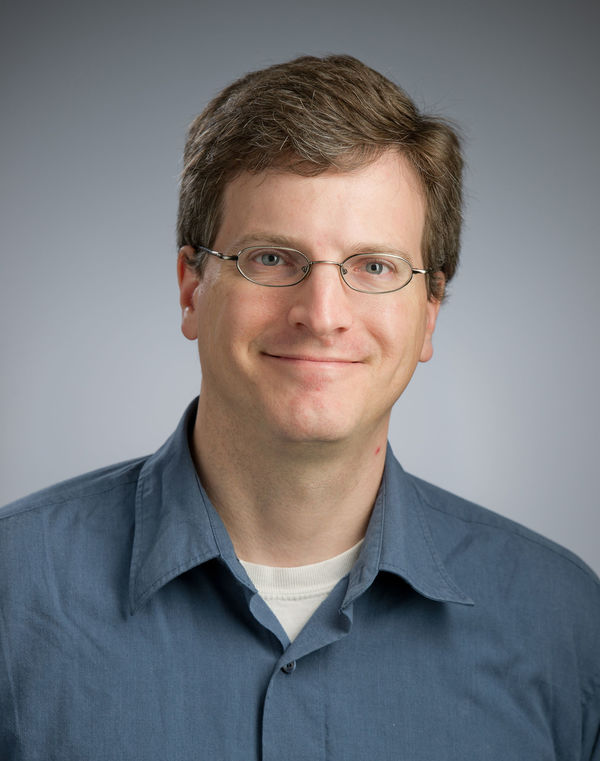Welcome to the inaugural issue of the CREDO newsletter, “On the Margin.”

Joseph Kaboski
David F. and Erin M. Seng Foundation Professor of Economics, University of Notre Dame
What do you think of the title?
More importantly, what did it make you think of?
The phrase “on the margin” has many different meanings to many different people. To research economists, we use the phrase to think about the costs or benefits of an additional good consumed, worker hired, etc. We think of phrases like “marginal cost”, “marginal product”, or “marginal utility”. To a finance economist, the phrase might mean buying securities “on the margin”, that is, with borrowed money. To businesspersons, the word “margin” might remind them of profit margins. To a person directly engaged with the social ministry of the Church, “on the margin” is a phrase that emphasizes a commitment to those on those people who are sometimes forgotten or neglected members of society, e.g., the poor, indigenous peoples, women and children, the elderly.
In which sense did we choose the title of the newsletter? It is purposely ambiguous because, in some way, we’d like it to mean all of them. In God’s infinite wisdom, all of these groups of people have a role to play in fostering a just and loving society and a sound economy that serves this society. All of the “margins” are therefore important in discussing social and economic policy. Indeed, one of the main barriers to such discussion is limited ability for people of different backgrounds, even though members of the same Church, to speak the same language and understand each other. The different understandings of the term are just one example. The goal of this newsletter is to build common language and common ground to help foster this conversation. Forgive us, if our attempts are marginal.
The issue has elements that we hope to become regular features. First, Archbishop Wenski, current President of the U.S. Conference of Catholic Bishops has contributed an op-ed on the need for just wages. Second, Andy Yuengert of Pepperdine and Mary Hirschfeld of Villanova, two economists who are especially well-versed in Catholic Social Thought, have agreed to alternate writing a regular column explaining some of its key principles in a way that is relevant to economics. Andy begins by explaining the nature of Catholic social thought. Third, Rich Burkhauser and Bill Evans, both accomplished labor economists and members of our Advisory Panel, give two takes on the economics and ethical issues involved in raising the minimum wage. Topical reviews of relevant research like these will continue to be a regular part of future newsletters as well.
The newsletter will be posted on our website at https://credo-economists.org/newsletter. If you would like to contribute or respond to the newsletter, please write it up as a thoughtful letter, and send it to contact@credo-economists.org. Select letters to the editor will be posted on the CREDO website and in future newsletters.
The newsletter will also update the activities of CREDO. Founded in 2013, CREDO is a new society, but our membership has grown dramatically over the first year. We grew four-fold from November, 2014 to January, 2015! We have a ways to grow, however. We are still only a tiny fraction of the some 30,000+ economists in RePEC, for example, at least several thousand of whom are surely Catholic. The only way we can grow is if you spread the word, so please do. In trying to reach new people, it is especially important to help spread the word to people (or people with connections) outside of the U.S. and to graduate students, who may not have heard of us but are the future of the society.
– Joseph Kaboski
President of CREDO
Joseph P. Kaboski is the David F. and Erin M. Seng Foundation Professor of Economics at the University of Notre Dame. His research is in the area of economic growth, development, and international economics. In 2012 he was awarded the prestigious Frisch Medal for his research on microfinance in Thailand. He has consulted for Catholic Relief Services on poverty programs in East Africa. He teaches a course on economics and Catholic social thought. Kaboski earned his Ph.D. in economics from the University of Chicago. He and his family attend St. Pius X Catholic Church in Granger, IN.






